On August 22, SGGP Newspaper published an article: “Central region - patients struggle due to lack of drugs and medical supplies”, reflecting that many hospitals and medical centers in the Central region are still facing a shortage of drugs and supplies, making patients miserable because they have to wait. Immediately after the article was published, many readers reported that some localities are also facing similar situations. The story of drug and medical supply shortages that has persisted for many years has yet to be resolved.
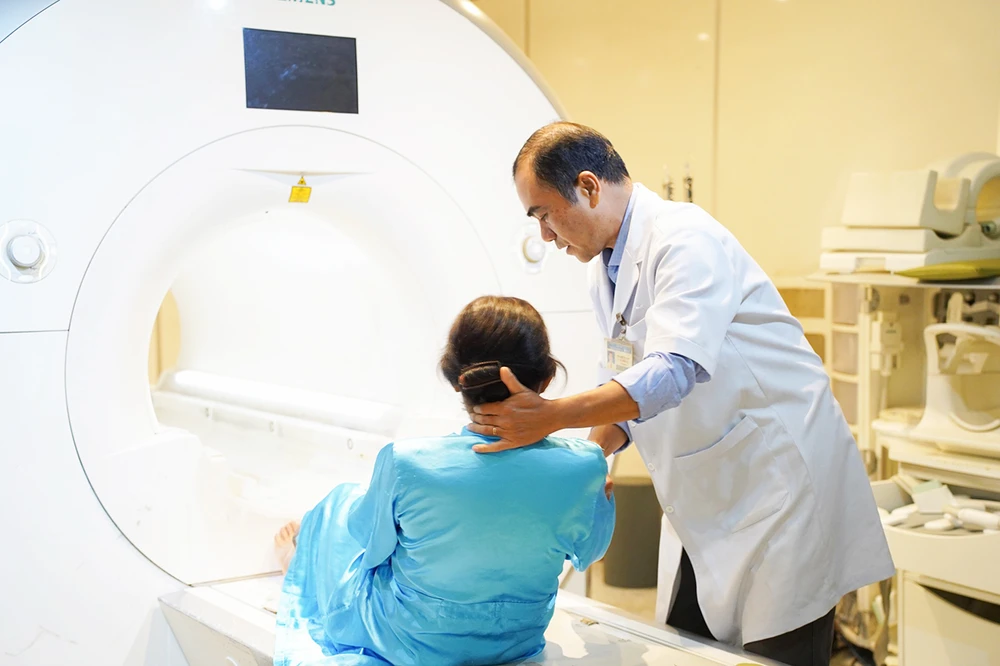
Waiting for medicine and medical supplies
Informing SGGP Newspaper, Mr. NVH (36 years old, District 7, Ho Chi Minh City) said that he was diagnosed with myasthenia gravis in June 2024. This is a lifelong disease, very expensive to treat and must rely on health insurance (HI). According to Mr. H., the drug Mestinon 60mg (a brand name drug) is very effective for myasthenia gravis patients and is covered by health insurance.
However, recently, the drug supply has been disrupted, doctors have had to prescribe drugs with similar active ingredients, causing Mr. H. to experience many side effects. “Exhausted from waiting for the drug, unable to bear the side effects of the new drug, I was forced to go to a private hospital for examination and bought Mestinon at an expensive price (over 1 million VND/bottle). Having health insurance but having to pay out of pocket to buy the drug is unfair,” Mr. NVH shared.
Similarly, for many months now, the shortage of radioactive drugs used for PET/CT scans to diagnose cancer has been lingering at hospitals in the city. Typically, at the Ho Chi Minh City Oncology Hospital, patients with PET scans must wait about 10 days for their turn due to a lack of radioactive drug 18F-FDG. This radioactive drug is supplied by Cho Ray Hospital with a dose of 7-9 scans/day and 3 days/week, meeting less than 1/3 of the actual demand.
Meanwhile, the two PET/CT machines of the Ho Chi Minh City Oncology Hospital can reach a maximum capacity of 30 cases/machine/day. The lack of radioactive drugs over the years has led to many cancer patients having to wait, and the machines operating at a standstill. Many patients from the South have to go to Da Nang and Hanoi to have PET/CT scans and provide results to doctors.
Dr. Nguyen Xuan Canh, Head of the Department of Nuclear Medicine, Cho Ray Hospital, said that currently in Ho Chi Minh City, Cho Ray Hospital, Military Hospital 175 and Ho Chi Minh City Oncology Hospital are equipped with PET/CT machines using the radioactive substance 18F-FDG. The characteristics of this radioactive substance are its short lifespan (less than 12 hours), short half-life (about 110 minutes), so it must be used immediately after production.
“Recently, Cho Ray Hospital has maintained the transfer of 18F-FDG radioactive drugs to the Oncology Hospital and Military Hospital 175. However, the Cyclotron system that produces radioactive drugs at the hospital is over 15 years old. When the system needs maintenance, PET/CT scans at hospitals in Ho Chi Minh City must completely stop. Currently, patients who register for PET/CT scans at Cho Ray Hospital also have to wait about 2 weeks to be performed,” Dr. Nguyen Xuan Canh informed.
It has an impact but… not much!
Responding to the fact that some hospitals in the Central region are lacking some types of drugs for treatment due to difficulties in bidding and purchasing, the Ministry of Health said that the shortage of drugs and medical supplies is only a local shortage in some localities and medical units due to difficulties in bidding and planning for purchasing. In addition, medical facilities and localities have not been close in directing the assurance of drug supply, such as: lack of initiative in forecasting, determining needs, planning, and implementing bidding and purchasing.
To address this, the Ministry of Health recently sent a dispatch to the People's Committees of provinces and cities instructing heads of medical facilities under their management to fully implement their responsibilities in selecting contractors, ensuring adequate supplies of drugs, chemicals, testing supplies, medical equipment and related services for medical examination and treatment. At the same time, heads of units are responsible for any shortage of drugs, chemicals, testing supplies, medical equipment and related services at medical facilities under their management.
According to medical experts, the drug shortage has not been completely resolved, significantly affecting the confidence of patients, leading to the risk of patients rushing to higher levels, causing overload, prolonged waiting, and difficulties falling on patients and medical staff - those who directly examine and treat patients. At this time, when complaints about bidding bottlenecks have been resolved, the legal corridor has been cleared, the procurement and bidding work depends largely on how the heads of the units will organize and implement.
Each hesitation, fear, and lack of determination of each hospital and medical facility leader can cause thousands of patients to wait behind. The Ministry of Health needs to review and proactively coordinate with relevant ministries and branches to create a mechanism for bidding for drugs and medical equipment that ensures the principles of transparency, feasibility, and creates peace of mind for officials performing public duties, avoiding the fear of bidding... affecting people's health.
According to Dr. Nguyen Hoai Nam, Deputy Director of the Ho Chi Minh City Department of Health, the issue of medicine and supplies is a big pressure on hospitals due to overload, with patients being pushed from lower levels or from one facility to another. In addition, some provinces and cities have limited purchases, so patients flock to hospitals in the city, especially those specializing in cardiology and orthopedics. The Ho Chi Minh City Department of Health monitors the situation every week, proposes solutions, supports drug transfers, organizes purchases, and provides timely supplies to patients. The City Department of Health has also established a working group to support hospitals in drug procurement and coordination.
THANH AN - MINH KHANG - GIAO LINH
Source: https://www.sggp.org.vn/nguoi-benh-vat-va-vi-thieu-thuoc-vat-tu-y-te-do-dia-phuong-chua-sat-sao-trong-chi-dao-cung-ung-post755478.html








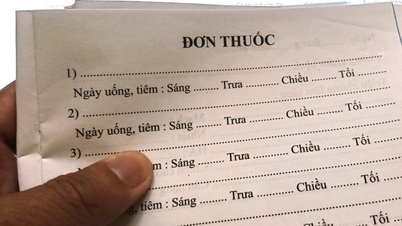

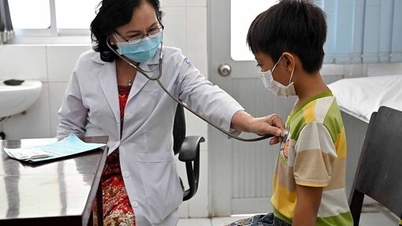

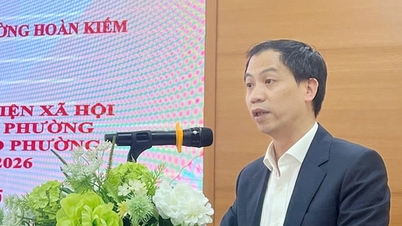

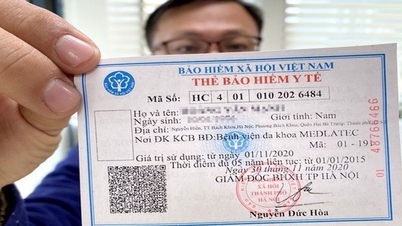

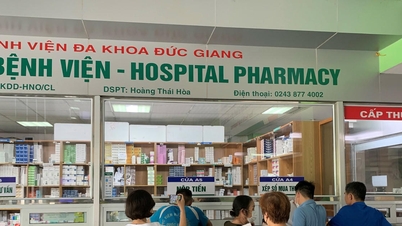

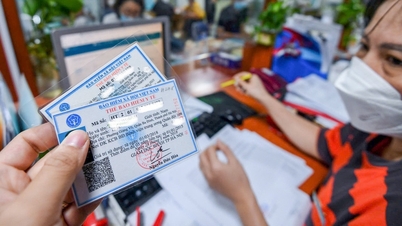























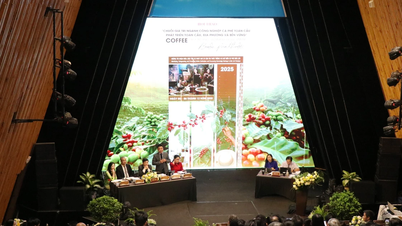





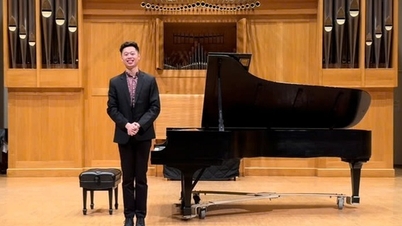

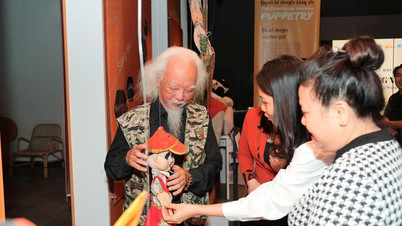

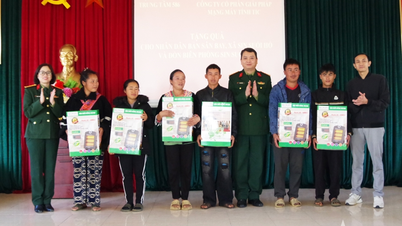
































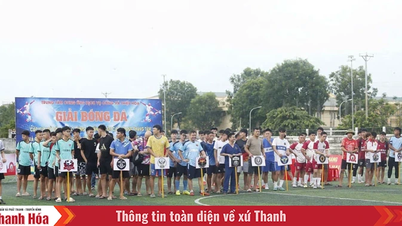

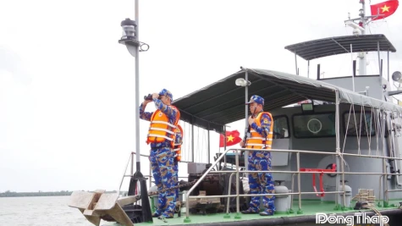























Comment (0)